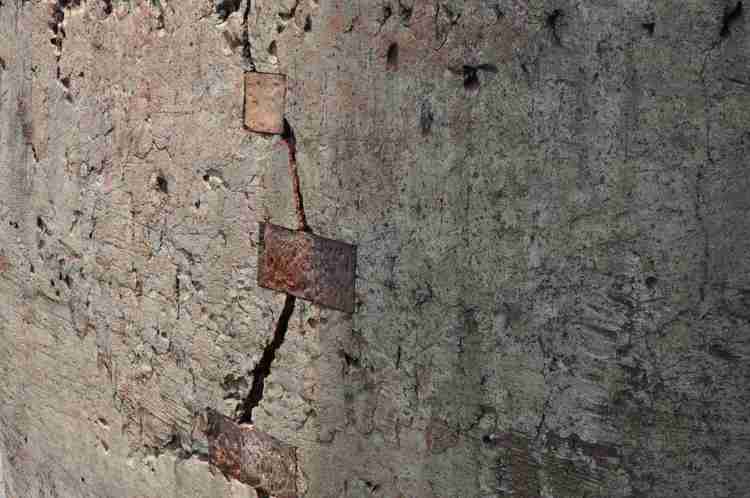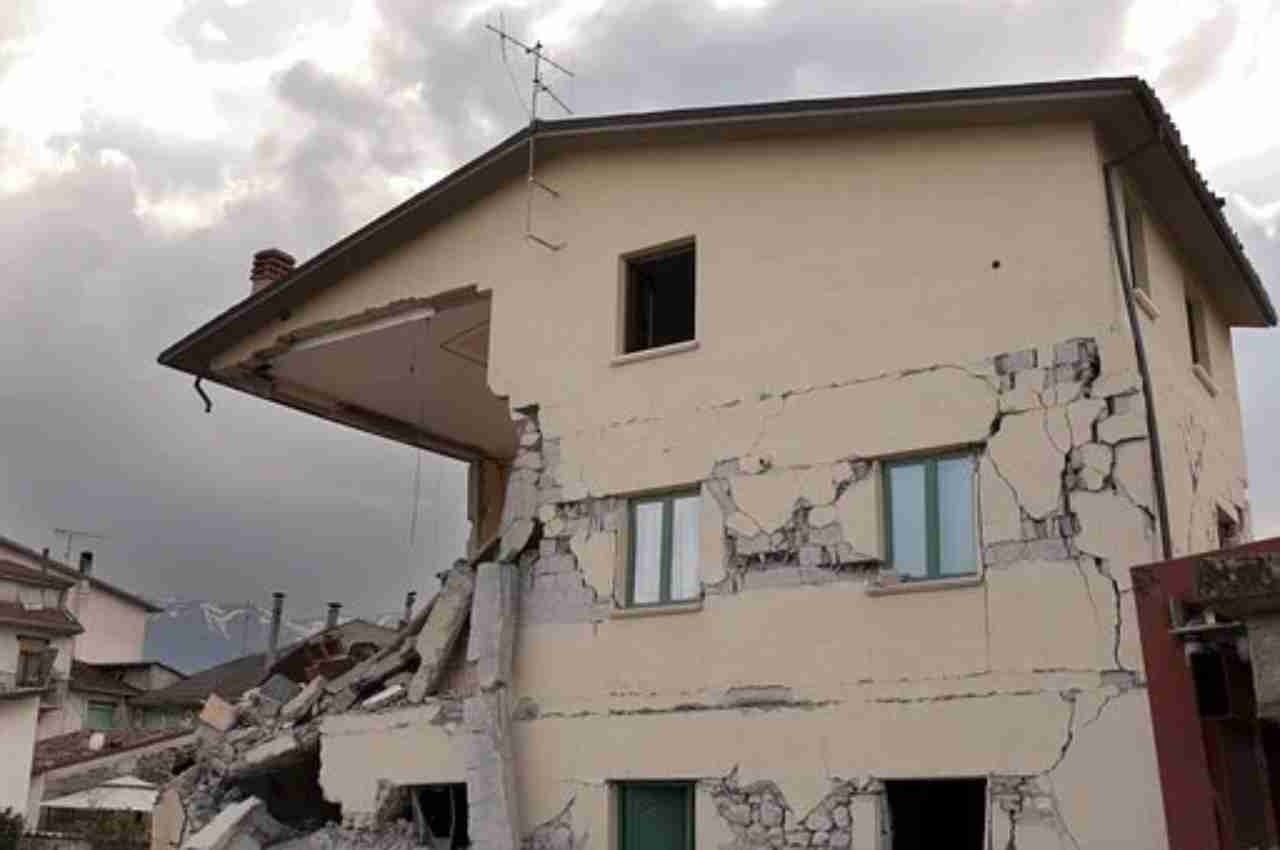The subprime crisis of 2008 was a devastating event capable of knocking out stock exchanges and suffering a severe blow to the global banking system.
It seems like a distant event in time and yet there are assumptions for something like this to happen again.
As we know, inflation is very high. Central banks for months they tried to minimize the phenomenon.
A new collapse in real estate
The central bank numbers of the United States and the European Union have spent months arguing that inflation was a transitory and unimportant phenomenon.

In the meantime, however, the reality has emerged: inflation is very strong and risks overwhelming the global economy. At this point the central banks have their hands tied: they absolutely must stem inflation and the only way they can do it is to raise rates. By raising rates, inflation will certainly fall but there is a very dangerous side effect. Indeed, the side effects are many. First, by raising rates, the economy could enter review faster. Secondly, the rise in rates could theoretically also trigger a real stock market crash.
The Fed must be very cautious
In a sense this we are already seeing it because it was probably the Federal Reserve’s rate hike announcement that created that marked weakness on the stock exchange that has occurred in recent months. But a rate hike also means a crisis the American real estate sector. If the rates all go up the huge American mortgage market can crash and the situation may not be too different from that of 2008. Actually at the time to make everything absolutely explosive there was a great deal of financial junk deployed to support a housing market that was clearly in a bubble.
The fears of today
Today perhaps all that circulating garbage is not there yet the risk of an American real estate crash is absolutely present. This is probably why the Federal Reserve is showing itself particularly well prudent. If it clearly announced that the rate hike is the new policy of the central bank, she was also quick to say that probably a new cut will already be needed in 2023. In short, the fears are clearly there. But if the Fed proves too timid on rates to avoid triggering this real estate crisis, inflation could spiral out of control.
–
